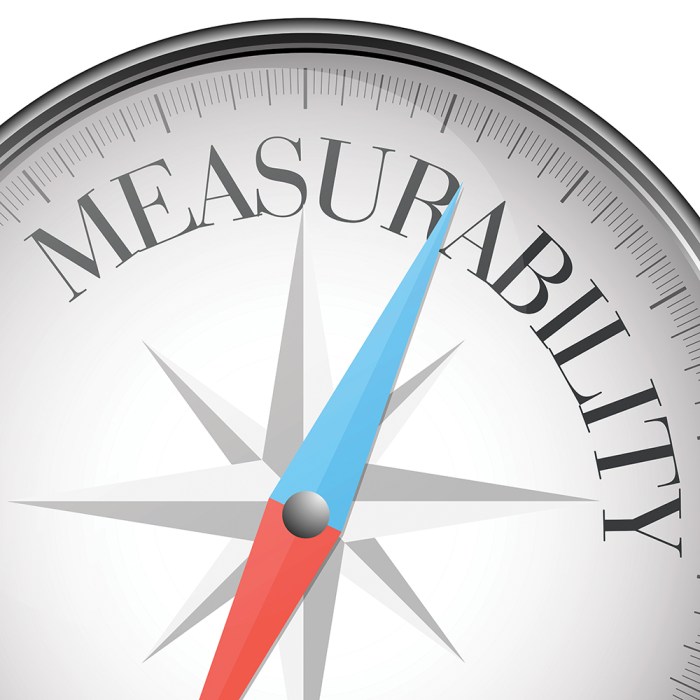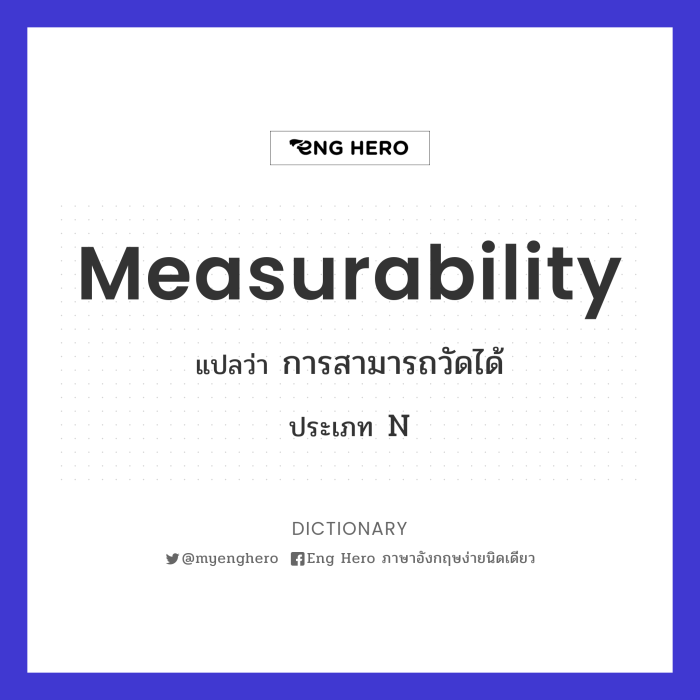As which characteristic distinguishes digital marketing from traditional marketing takes center stage, this opening passage beckons readers into a world crafted with good knowledge, ensuring a reading experience that is both absorbing and distinctly original.
Digital marketing has emerged as a transformative force in the marketing landscape, redefining the way businesses connect with their target audiences. Unlike traditional marketing, which relies on mass media channels, digital marketing leverages the power of digital technologies to engage customers in a more personalized and interactive manner.
Data-Driven Decision-Making

Digital marketing harnesses data analytics to optimize campaigns and gauge results. It collects and analyzes various data types, including website traffic, social media engagement, email open rates, and customer behavior.
Types of Data Collected and Analyzed
- Website analytics: page views, bounce rates, time on site
- Social media analytics: engagement, reach, demographics
- Email marketing analytics: open rates, click-through rates, conversions
- Customer relationship management (CRM) data: customer demographics, purchase history, preferences
Data-Driven Insights Informing Marketing Strategies
Data-driven insights help marketers:
- Identify target audiences and tailor content accordingly
- Optimize campaign performance by testing and refining strategies
- Personalize customer experiences and increase engagement
- Track return on investment (ROI) and justify marketing spend
Customization and Personalization
![]()
Digital marketing allows for unprecedented customization and personalization. It enables marketers to tailor content and experiences to the unique needs and preferences of individual customers.
Segmentation and Personalization Tools
- Customer segmentation: dividing audiences into groups based on demographics, behavior, or interests
- Email personalization: using dynamic content to customize email campaigns based on recipient data
- Website personalization: delivering tailored website experiences based on user behavior and preferences
li>Marketing automation: using software to automate personalized marketing messages and workflows
Successful Personalization Strategies
- Netflix’s personalized movie recommendations based on user viewing history
- Amazon’s product recommendations tailored to individual purchase history
- Spotify’s personalized playlists based on user listening habits
Multi-Channel Marketing

Multi-channel marketing in digital marketing involves integrating different channels such as social media, email, website, and mobile apps to reach customers across multiple touchpoints.
Benefits of Multi-Channel Marketing
- Increased reach and visibility
- Improved customer engagement and loyalty
- Enhanced brand consistency and messaging
- Greater opportunities for lead generation and conversions
Framework for Developing a Multi-Channel Marketing Strategy
- Identify target audience and their preferred channels
- Develop a consistent brand message across all channels
- Create engaging and relevant content for each channel
- Integrate channels and track customer journey
- Measure results and optimize strategy accordingly
Real-Time Marketing
Real-time marketing involves responding to events and customer interactions in real-time. It leverages social listening and marketing automation to engage customers and drive immediate results.
Tools and Technologies for Real-Time Marketing
- Social listening tools: monitoring social media platforms for mentions, trends, and customer feedback
- Marketing automation software: automating personalized marketing messages and campaigns based on real-time triggers
- Event-based marketing: creating targeted campaigns based on specific events or customer actions
Successful Real-Time Marketing Campaigns
- Oreo’s “Dunk in the Dark” tweet during the 2013 Super Bowl blackout
- McDonald’s “Create Your Taste” campaign, allowing customers to customize burgers in real-time
- Starbucks’ “Tweet-a-Coffee” campaign, enabling customers to send a coffee to friends via Twitter
Influencer Marketing

Influencer marketing involves collaborating with individuals who have a large following and influence over their audience. These influencers can help brands reach new customers, build credibility, and drive engagement.
Role of Influencers
- Creating brand awareness and generating buzz
- Influencing purchase decisions and driving sales
- Building relationships with target audiences
- Amplifying brand messages and reach
Types of Influencers
- Celebrities and public figures
- Industry experts and thought leaders
- Micro-influencers with a smaller but highly engaged following
- Nano-influencers with a hyper-local or niche audience
Guidelines for Successful Influencer Marketing Campaigns, Which characteristic distinguishes digital marketing from traditional marketing
- Identify and align with influencers who share brand values and target audience
- Develop clear campaign objectives and metrics
- Provide influencers with creative freedom while ensuring brand guidelines are met
- Monitor campaign performance and adjust strategy as needed
- Measure results and evaluate the effectiveness of influencer collaborations
FAQ Guide: Which Characteristic Distinguishes Digital Marketing From Traditional Marketing
What is the primary difference between digital marketing and traditional marketing?
Digital marketing utilizes digital technologies and channels to connect with customers, while traditional marketing relies on mass media channels such as print, television, and radio.
How does digital marketing leverage data?
Digital marketing employs data analytics to track customer behavior, measure campaign performance, and optimize strategies for better results.
What are the benefits of personalization in digital marketing?
Personalization enables businesses to tailor content and experiences to individual customers, enhancing engagement and driving conversions.